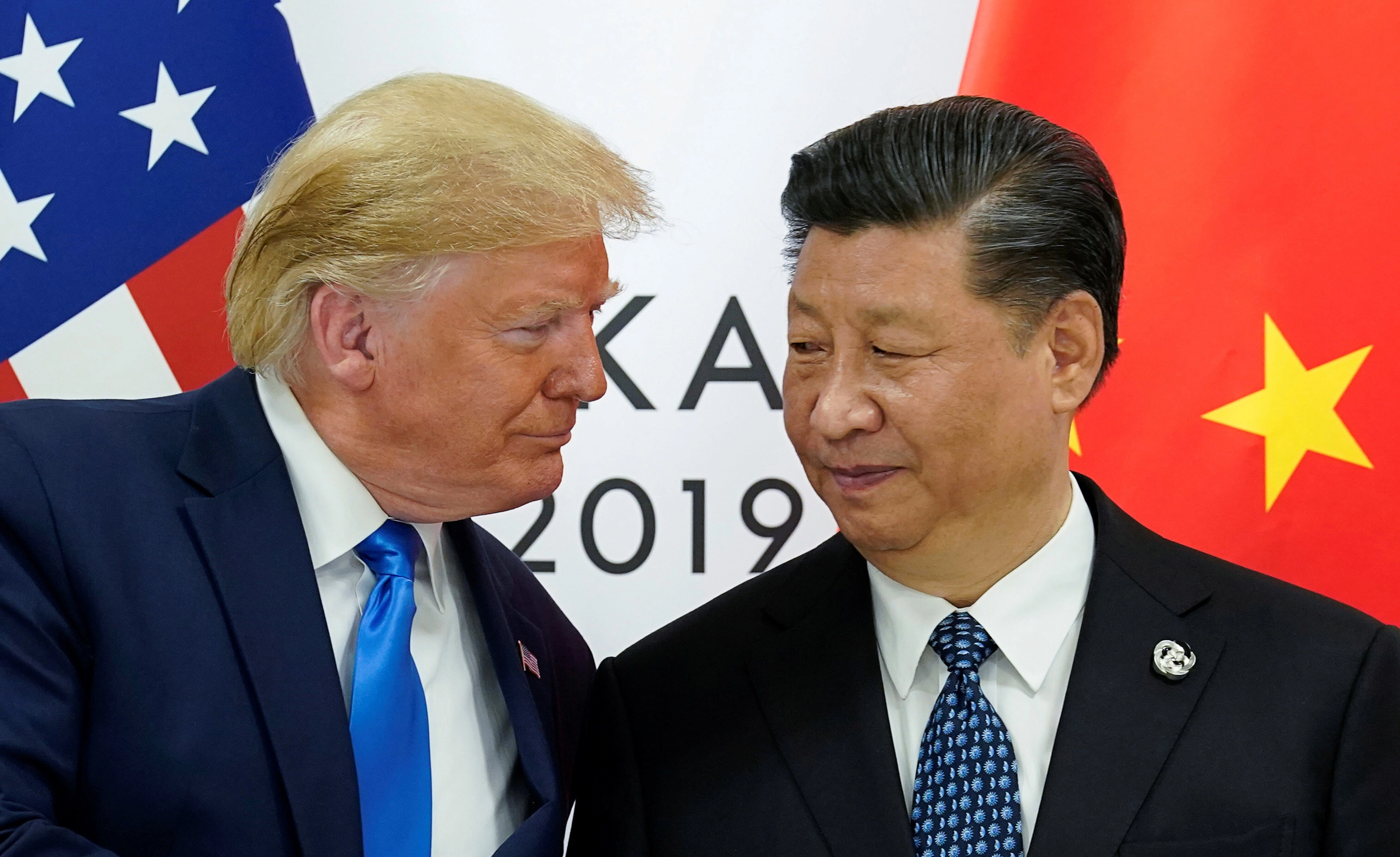Former President Donald Trump recently stated that the responsibility for addressing tariffs now lies with China. During his remarks, he emphasized the importance of China taking the initiative to resolve ongoing trade tensions, particularly in relation to tariffs imposed during his administration as part of a broader strategy to address what he described as unfair trade practices. Trump’s comments highlight the complex dynamics of U.S.-China trade relations, which have been a focal point of economic policy in recent years.
Trump has long criticized China for its trade practices, claiming they have led to significant imbalances in favor of Beijing. He initiated a series of tariffs aimed at various Chinese goods, arguing that these measures were necessary to protect American jobs and industries from unfair competition. However, the tariffs also sparked retaliatory actions from China, leading to a trade war that affected global markets and increased costs for consumers and businesses alike.
In this context, Trump’s assertion that the “ball is in China’s court” suggests a shift in responsibility for resolving the trade dispute. He appears to be urging China to come to the negotiating table and make concessions that would lead to a more balanced trade relationship. While some analysts view this as a strategic move to pressure China, others argue that it reflects the ongoing complexities and challenges of international trade negotiations. The outcome of this situation could have significant implications for both economies and the broader global market, as the two nations continue to navigate their intricate economic ties.




